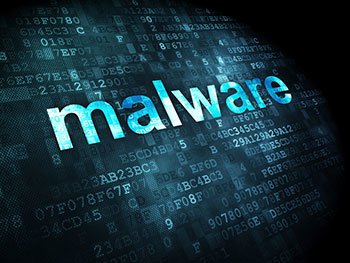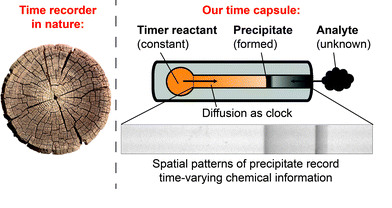‘Justice is in the interest of the stronger’
Plato, The Republic
What Rousseau said
We were taught, ever since we were small, not to harm anything or anyone no matter the circumstances, to respect every single person in the society from the janitor to the researchers who work constantly to find cure for the most merciless diseases, to discern the good from the bad, not to leave our prejudices speak for the people we should first get to know, to respect any imaginable right without question, to always leave a place a little better than we found it, to systematically invest in our social self and to mirror it back as flawless behavior. And then we grow up, we make voluntary work and learn CPR and Heimlich maneuver not for ourselves, since we would never be able to rescue our own lives, but for our fellows, and for our piece of mind that in our turn, we would be rescued by other educated people. It’s a sort of a given, this assumptive social contract we’re constantly dealing with, starting from a common-sense premisses: that everyone else is taught to do the same things as we are. And that they do. That being a law abiding citizen is only fair, the compromise our instinctive ego has to make to make sure of our security and righteousness.
Is this the world we live in?

But there was never a teacher to start a class by saying that we could be the victims of thieves and rapists, of mentally ill, unstable people who were never taught the same things as we were. There was never a class to start with massive corruption examples, a teacher to say that by doing our job immaculately we could save the lives others would condemn by doing it wrong.
Forensic Science Malpractice.
But the systematic failures in the forensic sciences have often very grave and damnatory repercussions. Either because of the precarious legal framework, the fraudulent, corrupt intentions of the accuser, most of the accused who are directly affected are never told, not even if the institutional heads holding responsible for the accusations and their legal demonstration are informed about the malpractice, reason for which, when these situations occur the convicts end spending dozens of years in jail or even being sentenced with death penalty.

Chicago Innocence Project is a nonprofit investigative journalism program aimed to identify and analyze wrongful convictions of different natures, such as erroneous interpretation of forensic evidence or faulty testimony. David Protess, president of this association, is a former director of the Innocence Project at , the place where he trained and assisted his students to find evidence that freed twelve innocent convicts, out of which five were sentenced with death. The Chicago Innocence Project has saved ten uninvolved felons so far.
The findings incriminate different glitches of the American forensic system, as one of the main identified problems is the inconclusive forensic evidence based on which the convictions were made. , initially convicted for having murdered his neighbor in 1980, had his verdict reversed in 1992 on the basis of this malpractice.

Other two innocents were convicted for having murdered a suburban couple in 1978. The main problem with the process was that crucial testimony was obtain through physical violence and coercion, as the witnesses were brutalized by the police. In 1996 the verdicts were reversed, after this group’s investigation.
Other two law abiding citizens, Aaron Patterson and Eric Caine, were accused of double murder of an old couple in 1986 and in 1989 Aaron Patterson was punished by death penalty. As the investigation later developed pointed out, the confession of Aaron Patterson was the result of police brutality. In 2003, Mr. Patterson was pardoned by the American Government, and Eric Caine was freed from prison in 2011.
Another double murder case from 1986 placed one of the convicts on death row and the other on life sentence. After having been investigated because of the discredited testimony, the case was dismissed by the prosecutors in 2004 and a retrial was ordered for the first one, while the second convict was released from prison in 2008.



